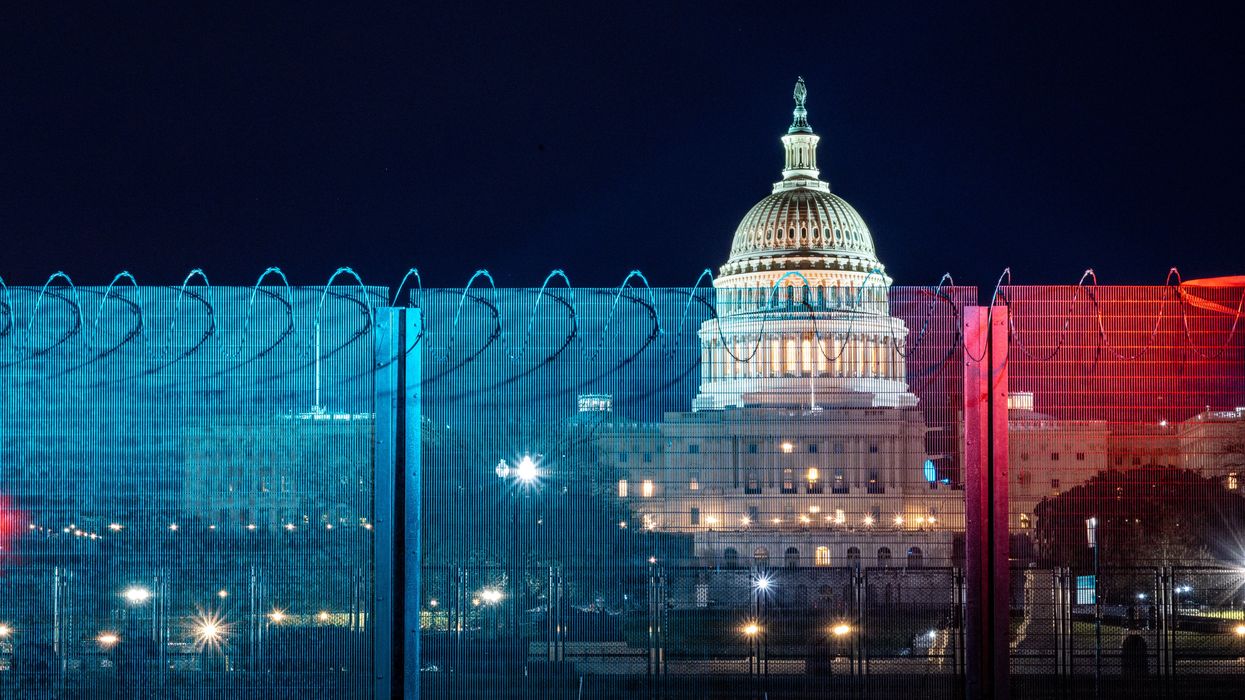A New York bill would require schools to teach about the Jan. 6 insurrection.
The bill calls for all K-12 students to be taught about the event, with the state determining how best to incorporate the events into history classes. Since 2021, public opinion on the U.S. Capitol attack has dulled because President Donald Trump and his supporters have downplayed it since then.
Asm. Charles Lavine, D-Glen Cove, the bill's sponsor, said it is important not to whitewash the facts.
"The problem with whitewashing history is that students in those states are not going to learn to be the critical thinkers that we really need in order to confront the great dilemmas that will face us in the future," Lavine contended.
Though initial polls found people equated the Capitol attack with an attack on democracy, some polls show people approve of Trump's actions. Many groups have teaching tools so educators can accurately answer students' questions about Jan. 6.
While the bill is relatively new, it has garnered positive feedback. It is under review by the Assembly's Education Committee.
The bill comes several weeks after President Donald Trump pardoned everyone prosecuted for participating in the Jan. 6 attack. Polls show most people disapprove of the pardons.
Lavine acknowledged one challenge for the bill is finding an impartial way to teach about a politically polarizing event, adding it will be left to the state's education experts.
"Those are the members of the Board of Regents, in consultation with the state's Education Department, to make the determination about what is taught particularly in subject matters," Lavine outlined. "What this bill simply does is add to a list of major subject areas that should be instructed in our public schools."
Along with the Capitol attack, the bill also calls on teachers to educate students about patriotism, citizenship, civic education, values and America's history with diversity and religious tolerance. Lavine noted one goal of the bill is to ensure children learn about good and bad parts of history, from slavery and the Holocaust to the Irish potato famine.
NY bill calls for K-12 teaching of Jan. 6 Capitol attack was originally published by the Public News Service and is shared with permission. Edwin J. Viera is a reporter and producer in North Tonawanda, New York.




















Trump & Hegseth gave Mark Kelly a huge 2028 gift